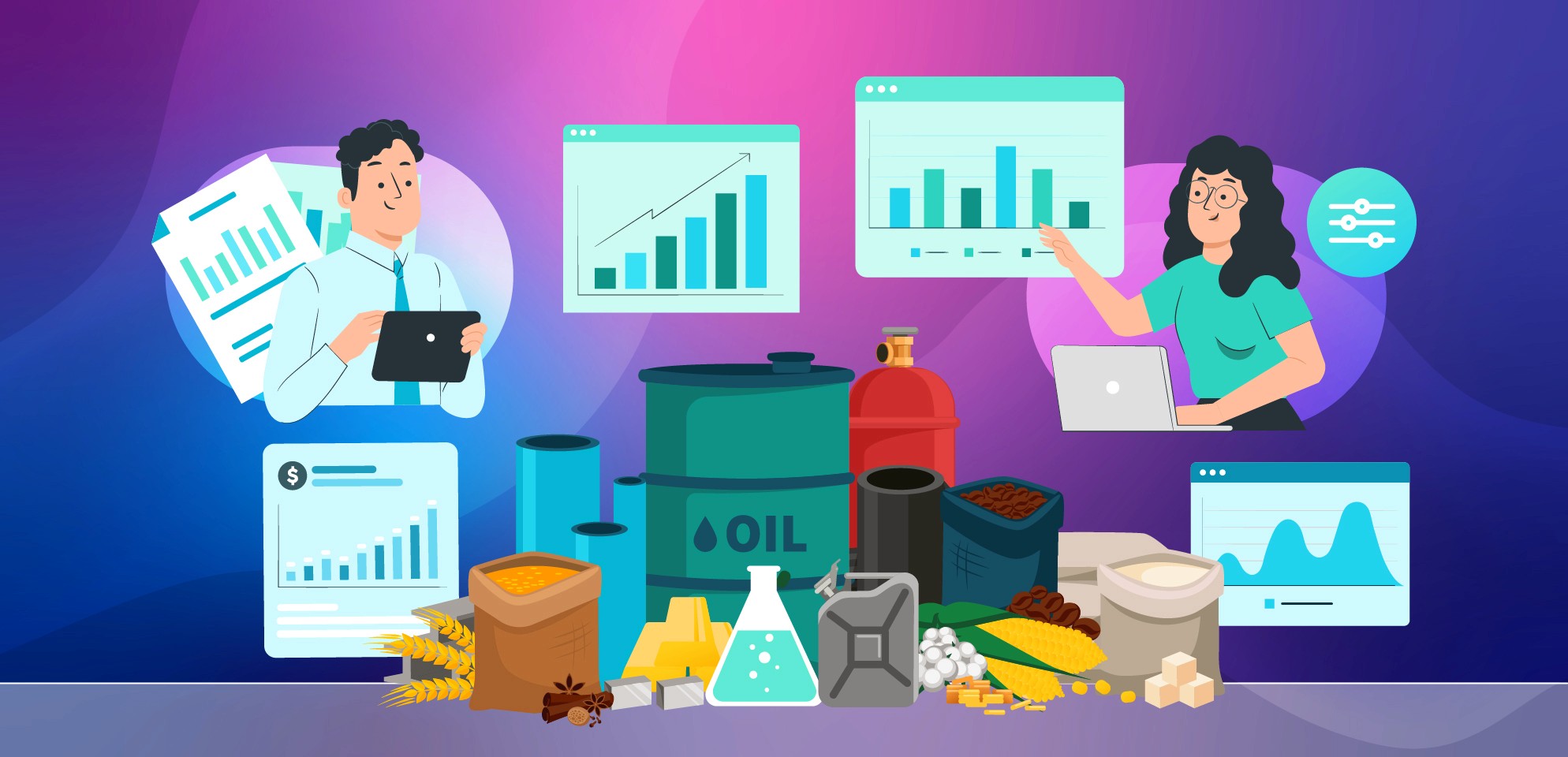Ensuring Consent in B2B Data Research: Data Privacy and Double Opt-In
Published on: 23 Sept 2025
Last updated: 24 Sept 2025
Listen to audio summary of this article
The Imperative: Consent in B2B Data Research
Today's B2B data research landscape is shaped by increasing regulatory scrutiny and a growing demand for ethical marketing. For top organizations, data privacy and consent are not just legal obligations—they are competitive differentiators for trust and business reputation. Companies using consent-based data gain measurable advantages: higher engagement, reduced legal risk, and improved brand loyalty.
Consent is the permission an individual gives for their personal information to be collected, used, and shared. This consent must be informed, freely given, specific, and unambiguous. When building an email list explicit consent is very important if you want to ensure data privacy compliance.
Research companies like Ascentrik collect this explicit consent from contacts on the email list, through our human research driven methods.
Data Privacy: Regulatory Drivers and Industry Standards
The introduction of stringent laws like GDPR (EU) and CCPA (California) marked a turning point for B2B marketing. GDPR mandates explicit, informed, granular consent; CCPA builds similar protections around opt-out rights and transparency. These standards push B2B marketers to evolve beyond interruption-based outreach and automated databases towards permission-driven engagement.
Legal Compliance: Failure to implement consent-based strategies can result in substantial fines, reputational damage, and wasted marketing resources.
Trust and Transparency: B2B audiences are increasingly aware of privacy issues, making transparent consent collection a powerful tool for differentiation and customer loyalty.
Understanding Consent: The Double Opt-In Advantage
Consent in B2B data research is the explicit permission given by business professionals to receive communications, participate in research, or share personal data for marketing. Double opt-in methods provide the most robust way to capture and document valid consent.
After we prepare a list with email ids and other details, we verify each contact by calling them on phone or through email, and take their consent.
Double opt-in improves data quality, engagement, compliance, and provides a verifiable audit trail should regulators ever review consent practices.
Ascentrik Research: Human-Centered, Consent-Based Data
Most B2B data vendors rely on automation—but automation can't obtain real consent. Ascentrik’s unique methodology leverages a skilled team of researchers to source and verify every dataset, and crucially, to collect direct opt-in consent from contacts. This approach:
Builds fresh, niche, high-accuracy databases for each client—customised by industry, role, region, and consent profile.
Offers both single and double opt-in pathways, enabling clients to choose their level of compliance and engagement.
Maintains detailed records of every consent interaction, supporting transparency and legal defensibility.
Engages with contacts for explicit permissions, rather than scraping or relying on outdated, generic lists.
When clients use Ascentrik’s B2B data research services, they get access to data that is both verified and ethically sourced for permission marketing. This means outreach is welcome—not intrusive—leading to higher conversion rates and campaign ROI.
Data Privacy and Double Opt-In: Strategic Benefits for B2B Organizations
Opting for Ascentrik’s consent-based research delivers operational and strategic advantages:
Compliance and Risk Reduction: Data is sourced per the latest privacy laws, protecting your organization from fines, investigations, and PR fallout.
Higher Engagement: Audiences who double opt-in demonstrate genuine interest, raising open and response rates for marketing and sales campaigns.
Reputation and Trust: Clients signal their commitment to ethical marketing, which strengthens business relationships and client retention.
Accurate Targeting: Human research ensures every record is updated, relevant, and precisely matched to campaign needs—minimizing wasted effort.
Custom Niche Data: Reach emerging industries, specialized roles, and hard-to-find decision makers with fresh, consented data—solutions automated vendors cannot provide.
Implementing Consent-Based B2B Data Research: Best Practices
Clients considering consent marketing and double opt-in should follow industry best practices:
Be Transparent: Clearly inform contacts when collecting data about how their information will be used.
Add Value to Consent: Offer value in exchange for opt-in (content, resources, event access).
Respect Preferences: Let contacts manage frequency, type of communications, and topics.
Document Consent Thoroughly: Utilize technology and skilled research teams to maintain audit trails, supporting GDPR/CCPA demonstration.
Regularly Update Data: Verify and clean datasets to remove outdated contacts and maintain engagement quality.
Use Consent Management Platforms (CMPs): Automate record-keeping and consent documentation for scalability.
Challenges and Opportunities in Consent-Driven Data Research
Transitioning to fully consented B2B data research isn’t without obstacles:
Legacy Data: Re-acquiring valid consent for older data can be resource-intensive.
User Experience: Consent forms must balance compliance and usability to avoid frustrating potential contacts.
Maintaining Accurate Records: Manually verified, custom-built databases are more reliable but require expertise and oversight.
Market Education: Not all vendors or clients understand the true risks of automated, non-consented data. Educating stakeholders is vital.
Despite these, the future of B2B marketing and research is privacy-first and consent-driven. Organizations that embrace consent-based data research now will gain a lasting edge in compliance, efficiency, and customer relationships.
Why Top Organizations Choose Ascentrik for Consent-Based Data Research
Leading companies—especially those in highly regulated sectors—require data partners committed to privacy and ethical consent. Ascentrik is among the very few vendors truly able to deliver this:
Custom research teams directly contact decision-makers to obtain explicit consent, rather than relying on automated scraping.
Consent-based databases ensure all outreach is legal, trustworthy, and welcomed by contacts.
Niche targeting gives clients access to specialized audiences otherwise unreachable.
Continuous updates and compliance checks guarantee ongoing GDPR/CCPA validity and campaign ROI.
Ascentrik’s data solutions are built for the future—positioning clients for success in a rapidly changing privacy landscape.
Conclusion: Consent, Privacy, and Sustainable Growth in B2B Data Research
Data privacy and double opt-in consent are now foundational requirements for ethical B2B data research. Companies who prioritize them will win trust, engagement, and the freedom to market confidently in a regulated environment.
Ascentrik Research leads with human-driven, consent-based data solutions—using double opt-in to empower clients, protect privacy, and deliver accurate, custom research. For organisations where privacy and compliance matter, partnering with Ascentrik is the strategic choice for future-ready, ROI-driven B2B marketing.
Table of Content



